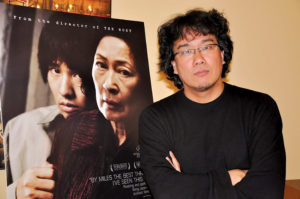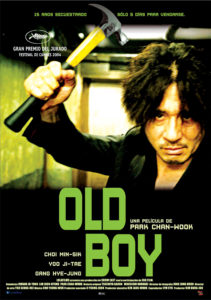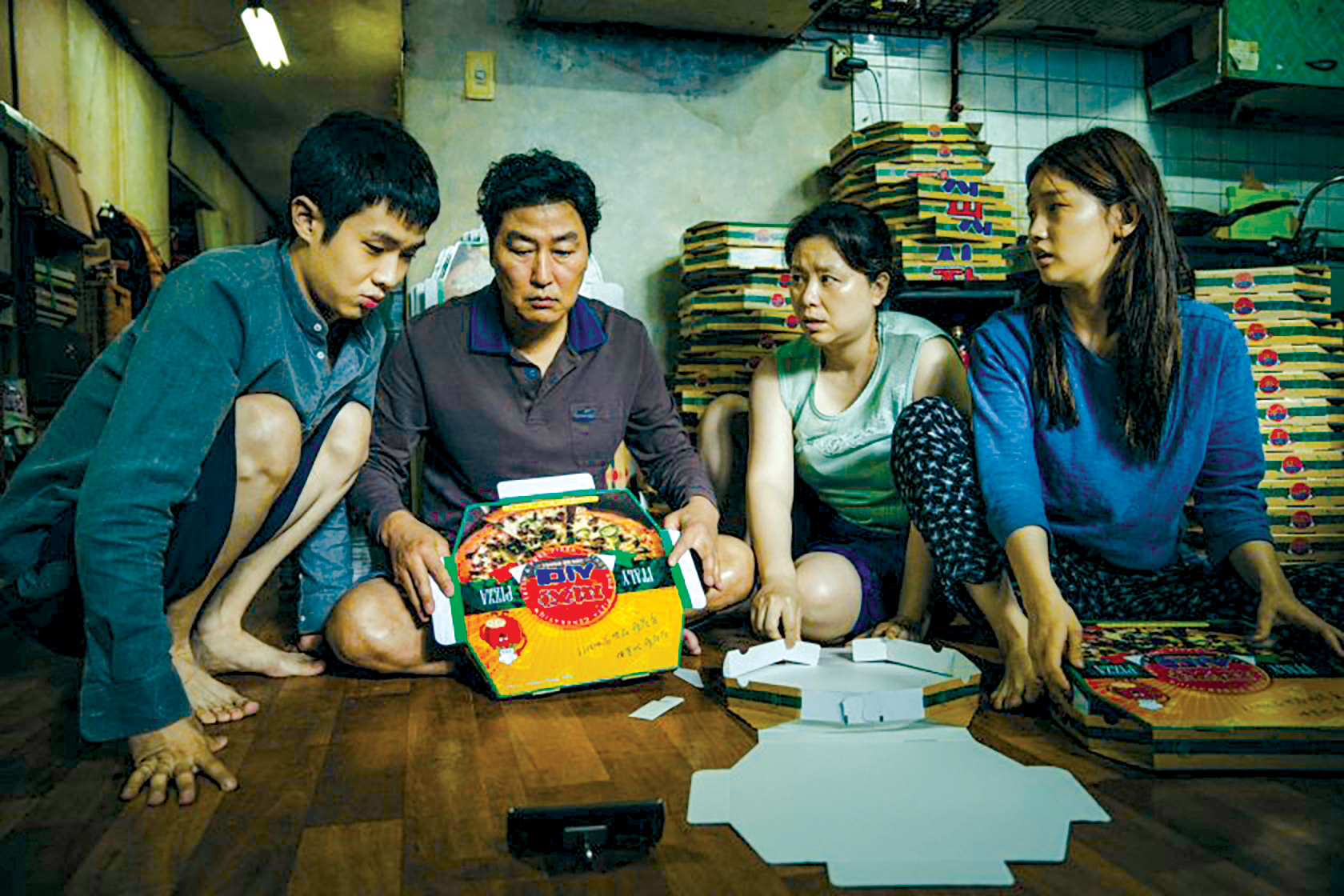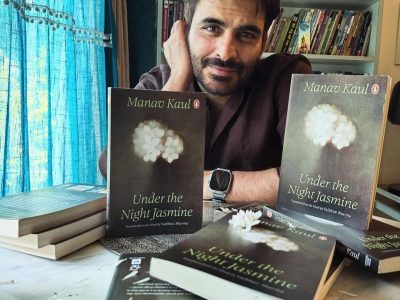With Bong Joon-ho’s film Parasite making waves globally, South Korean films are all set to reach new heights
It was 1998 when a film – Life is Beautiful – was the first foreign language one to be nominated for the Best Ensemble Award at Star Screen Guilds (SAG) Award. This year, history repeated itself – and was rewritten.
Bong Joon-ho’s Parasite was not only nominated in this category, but it also became the first foreign language film to win this award. The film has received numerous honours, including six Academy Award nominations. If it manages to take home the Oscar, it would be first Korean film to do so.
The film leaves you awe-struck with metaphorical details and enriched storytelling through dialogues and visual aspects like windows, doors, gates, space. It is written and directed by Bong Joon-Ho, who has produced some great works in the past like Snowpiercer, Host, Memories of Murder, Mother and Okja.
Everyone in the film symbolises a parasite. The affluent Park family are parasites who feed upon the poor, depending upon them to maintain their extravagant house and resources. The Kim family is also parasitical because they are struggling to survive and dependent upon the rich for their livelihood
Nobody in the film is inherently evil or villainous. It shows two different worldviews, one of the privileged or rich—who do not know what kind of life poor people are leading. They have only conjectures about the poor, which also includes apathy towards them.
Second, the underprivileged or poor—who are manipulative, aspirational and hopeful. In one scene, Ki-Taek(the wife) says about Park’s wife, “She is nice despite being rich” to which Chung-sook(the husband) responds, “She is nice because she is rich. If I had money like her, I’d be nice too.”

This film is about class barriers and about different perspectives of have and have-nots. Bong Joon-ho has an eye for superstructures. This film looks at bedrock of the oppressive system of capitalism. Kim family has not been given equal opportunities and therefore, they are manipulative for their survival. While the Park family has never seen poverty and therefore they are ignorant about the reality of poor and do not care about them.
It is a masterpiece. Parasite doesn’t try to teach a moral lesson, instead just shows the raw reality of our times. It is, undoubtedly, one of the best films of the year. Indeed, South Korea is emerging as one of the film-producing countries with a huge fan base across the world. Filmmakers like Bong Joon-ho, Park Chan-wook, among many, have given South Korean cinema global recognition. These film makers are renowned for their genre films.
One of the major genres for which South Korean films are known, is brutal thrillers. These films explore various dimensions of human life — social, political and psychological — and present them in a crude and naked way onscreen. Korean cinema is in fact challenging the dominance of Hollywood, which is rooted in Western experiences and never reflects the values and emotions of rest of the world.
Korean cinema has chartered an interesting and inspirational course. When the first kiss (in Korean cinema) happened on the screen in 1954 and the two protagonists of The Hand of Destiny had their lip-to-lip moment, it faced huge backlash because such a display was against South Korean values. Due to these values, Korea went through long years of censorship on Hollywood cinema.

When it was finally lifted in 1980s, Hollywood films became popular in Korea and caused the decline of Korean cinema. But later the counter-cultural movement started in 90s, which is known as Hallyu—the term referred to popularity of Korean cinema across the world. Hallyu was centred on the work of directors like Park Chan-wook (Old boy, Lady Vengeance, The Handmaiden), Bong Joon-ho (Memories of Murder, Host, Okja and Parasite) and Kim Jee-woon (A Tale of Two Sisters and I saw the Devil).
The experiences of 35 years of Japanese occupation and later civil war made Korean cinema a very distinctive enterprise. Korean films often explore difficult themes rooted in human nature and reflect family values, social drama and dark humour. They have sumptuous visual language and speak through everything that is being shown on the screen. They never shy away from challenging the viewers and showing unsettling visuals—which includes violence.
Korean cinema is attracting not only Asian audience, but also Western as well. Film director Quentin Tarantino was so impressed by Bong Joon-ho that he once compared him with Steven Spielberg and said, “Bong Joon-ho is like Spielberg at his prime.” He also called him one the most visionary film directors of our generation.
In India, director Anurag Kashyap praised Joon-ho and called his Murder of Memories the film of the millennial. Moreover, Hallayu wave reached Bollywood as well. In 2016, Bollywood made two remakes of South Korean films. One of which was 2010 revenge drama The Man from Nowhere titled Rocky Handsome in India, and second was 2013 thriller Montage, titled TE3N in its Bollywood version. n





